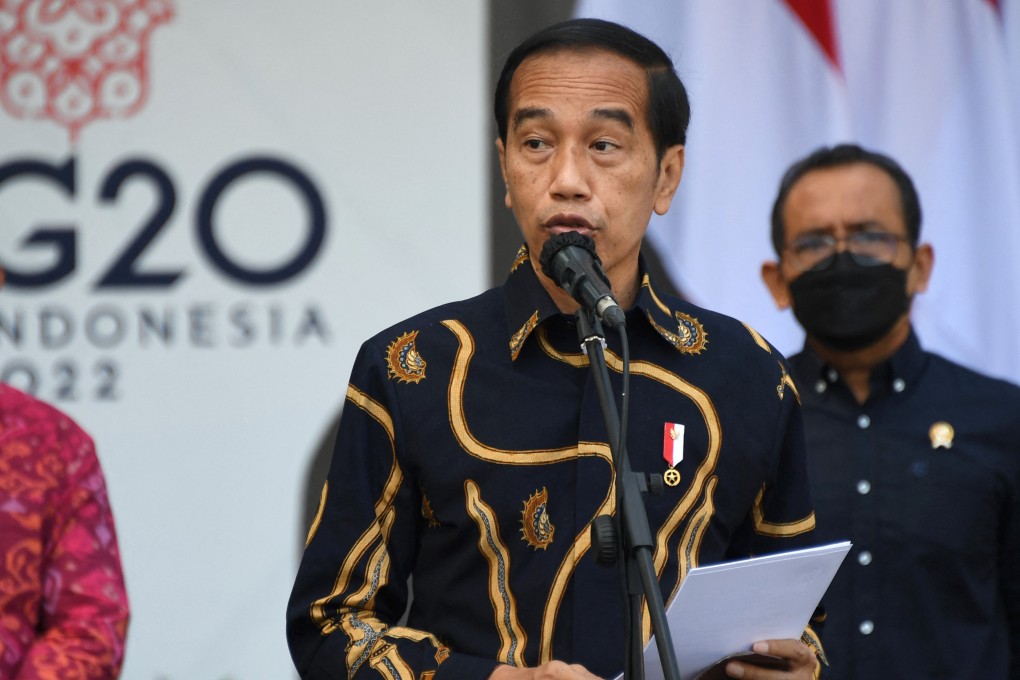Advertisement
Opinion | Amid global divisions, Indonesia faces a daunting task to achieve G20 consensus
- November’s meeting in Bali will be attended by world leaders increasingly at odds with one another amid rising geopolitical tensions
- First-time host Indonesia has a chance to position itself as a champion of diplomacy and consensus building
Reading Time:3 minutes
Why you can trust SCMP

For the first time, Indonesia holds the G20 presidency. Its motto, “Recover Together, Recover Stronger,” selected in light of the pandemic, calls for collaborative and inclusive efforts for global recovery.
Strengthening cooperation between the world’s major established economies and emerging economies is the G20’s main goal this year. Specialised task forces are working to identify gaps in recovery from the Covid-19 crisis, and promote inclusive and sustainable growth in G20 countries and beyond.
Indonesia is focusing on collaboration in three areas essential for recovery: fostering a robust global health system; maximising digital technology to assist societal transformation; and, supporting an equitable and affordable transition to renewable energy and a circular economy. Indonesian President Joko Widodo has emphasised on various occasions the importance of “leaving no one behind”.
Advertisement
Intent on diversifying the image of the G20, Widodo wants Indonesia’s turn at the helm to benefit vulnerable populations, small island nations and developing economies, in addition to G20 members. A high priority is being given to aiding underdeveloped nations in Asia, Africa and South America, as well as the small island states in the Pacific and Caribbean.
But this year’s summit, scheduled for November in Bali, is taking place amid rising tensions between key G20 member states. With the conflict between Russia and Ukraine still unresolved, Indonesia is in a difficult position.
Advertisement
Political divisions within the G20 are at an all-time high, with growing concern over Russia’s participation in the summit and the possibility that Russian President Vladimir Putin, Chinese President Xi Jinping and US President Joe Biden may meet in person for the first time since Russia invaded Ukraine.
Advertisement
Select Voice
Choose your listening speed
Get through articles 2x faster
1.25x
250 WPM
Slow
Average
Fast
1.25x
